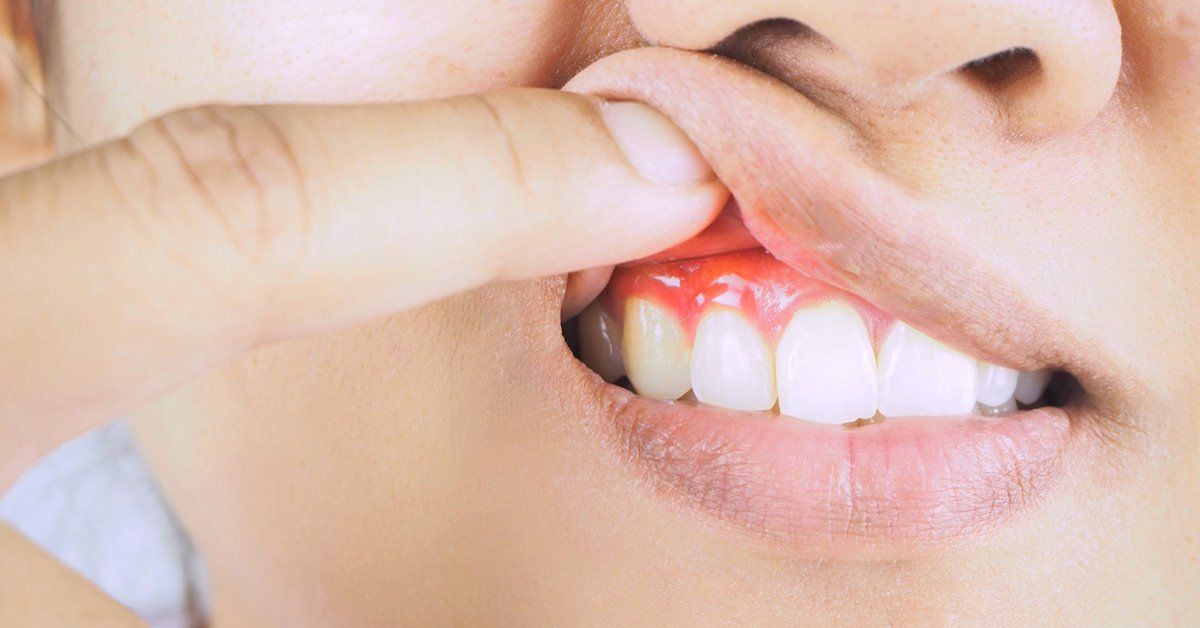What Are the Different Periodontal Disease And Gingivitis Stages?
Learn about the gingivitis stages.
It's important to identify periodontal disease as early as possible. The gingivitis stages associated with periodontal disease can range from mild to severe and should be addressed immediately to avoid complications down the road.
If left untreated, gingivitis can lead to swollen, bleeding gums. This bacterial condition can cause your gums to recede, exposing more of the tooth and the tooth's root. In severe cases, receding gums may require oral surgery to repair.
Treating gingivitis in its early stages can help to prevent more severe complications. There are many ways to protect against gingivitis, including proper oral hygiene.
Keep reading to learn about the different periodontal disease stages and what you can do to prevent them.
Periodontal Disease at a Glance
Periodontal disease is often caused by poor oral hygiene and failing to properly brush and floss your teeth. It can cause the tissue surrounding your teeth to become inflamed and can lead to tooth loss if left untreated.
Since your mouth is full of bacteria, it's crucial to properly care for your teeth and gums in order to remove this bacteria. When enough bacteria build-up, plaque forms on your teeth. This is why brushing and flossing are so important.
Sometimes brushing and flossing aren't enough to remove plaque. When this happens, a harder substance known as tartar collects on your teeth. This needs to be removed by a dentist or dental hygienist.
Some people are at a higher risk of developing gum disease. This includes smokers, diabetics, females with hormonal conditions. People taking certain medications that may affect saliva levels may also be at risk.
Periodontal disease has different symptoms, so be sure you know what to look for. If you have bad breath, swollen, bleeding gums, or loose or sensitive teeth, then you should see a dentist before the symptoms worsen.
A dentist can help you find the appropriate treatment for your periodontal disease, whether at home or in the office.
They may take x-rays to identify if there has been any bone loss. A dentist will also show you the correct ways to maintain proper oral hygiene at home.
Gingivitis Stages
Gum disease comes in many stages. The more you know and the sooner you catch periodontal disease, the better the outcome.
Gum disease has three stages: gingivitis, periodontitis, and advanced periodontitis. Identifying gum disease early on will help prevent tooth and bone loss.
Gingivitis
In the first stage of gum disease , gingivitis will cause your gums to become inflamed due to excess plaque. Brushing and flossing your teeth on a daily basis will remove most of the plaque, but sometimes it builds up.
When this happens, toxins irritate your gums, leading to gingivitis. Luckily, this early stage can be corrected before the bacteria penetrates into your gum tissue and affects your bones and teeth.
Bleeding while brushing and flossing is a sign that you may have gingivitis, so have your health care professional diagnose this stage of gum disease.
Periodontitis
The second stage of gum disease is periodontitis. If left untreated, this infection can lead to loss of the bone that supports your teeth.
This bacterial infection is not uncommon and can easily be prevented by practicing good oral hygiene. It's recommended to brush twice daily and to floss every day. Routine visits to the dentist also help prevent periodontitis.
Symptoms of periodontitis can be more severe than those caused by gingivitis. In addition to swollen or puffy gums, periodontitis also causes bright red or purple gums.
You may experience bad breath, pus between your teeth, and loose teeth that may fall out. Receding gums and pain when chewing are other symptoms that may occur.
It is important to seek professional medical attention as soon as possible to prevent further damage. Periodontitis can lead to advanced periodontitis, a more severe condition.
Advanced Periodontitis
Advanced periodontitis is a type of advanced gum disease that can be treated by a periodontist. Unfortunately, bone loss and damage to gum tissue is often permanent at this stage.
There are different reasons why a person may contract this type of bacterial infection. While aggressive periodontitis can affect any healthy adult, different types of systemic diseases can lead to advanced periodontitis.
Diabetics and those with heart disease may suffer from advanced periodontitis due to a chronic inflammatory response.
In addition, someone with HIV, AIDS, or an immunodeficiency disorder may suffer from necrotizing periodontal disease. This is where the connective tissue, gums, and bone around the teeth die.
Ways to Prevent Gum Disease
Routine dental visits are an excellent way to prevent gum disease and to identify problems before they arise.
Additionally, brush your teeth twice a day in order to prevent gum disease.
Remember to brush at the gumline, since this is where gingivitis starts. It's also a good idea to use two toothbrushes, allowing one to try in between brushes. Remember to replace your toothbrush every three months to prevent bacteria from building up.
Mouthwash can help reduce plaque and reduce the risk of developing gingivitis. Look for a mouthwash that has certain ingredients to help combat gum disease. Some of these ingredients include fluoride, cetylpyridinium chloride, and hydrogen peroxide.
In addition to mouthwash, different kinds of toothpaste can play a huge role in preventing gum disease.
Certain toothpaste contains an ingredient called triclosan. This can help remove bacteria that build-up at the gum line, where gingivitis begins. Fluoride and baking soda, two common ingredients, also help prevent against gum disease by penetrating the gums for a deep clean.
Seeking Professional Help for Gum Disease
Visit your dentist if you suspect you have any of the symptoms of the gingivitis stages discussed in this article. If left untreated, gingivitis can advance to periodontitis and advanced periodontitis, causing permanent bone and tooth loss.
Practice proper oral hygiene and regularly brush and floss your teeth in order to help prevent gum disease or lessen the severity of it.
Best Dentist in Roseville
Contact us today and let us help you with all your dental care needs. Our knowledgeable staff will be happy to answer all your questions and concerns.
Call us today!
813-543-6915
OFFICE HOURS
- Mon - Wed
- -
- Thursday
- -
- Fri - Sun
- Closed
All Rights Reserved | Carmichael Smiles


